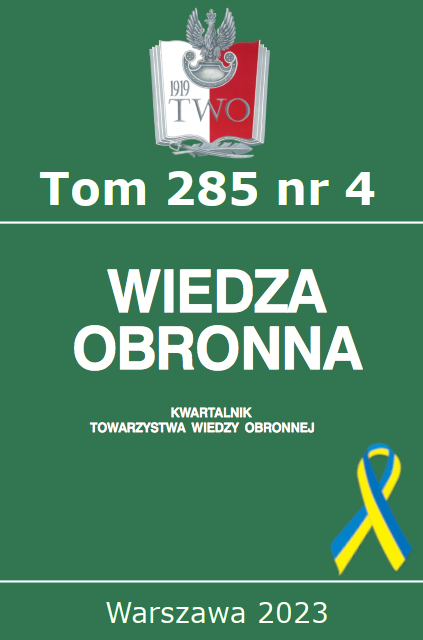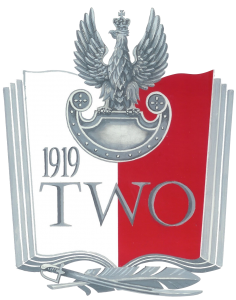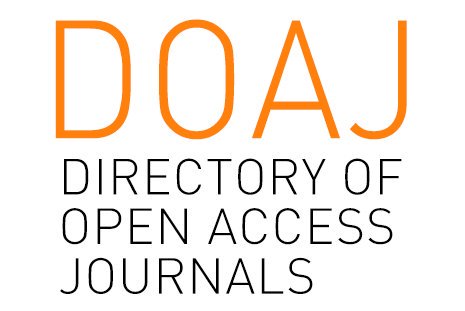ETHNIC CONFLICTS AND ANTHROPOLOGICAL AGGRESSION: A MILITARY ANTHROPOLOGICAL ANALYSIS OF THE SERB-ALBANIAN DYNAMIC
Abstrakt
This analysis examines the multi-layered nature of the historical Serbian-Albanian conflict through the lens of military anthropology within international relations. The conflict between Serbs and Albanians, which endured for over a century with periodic pauses, finally ended in mid-1999 when NATO troops intervened in Kosovo. The intervention aimed to halt the atrocities committed against ethnic Albanians in Kosovo. Despite the war ending over 20 years ago, the lasting effects of this prolonged conflict are still evident in present-day narratives and physical symbols throughout both states. This article will examine the factors contributing to the ongoing anthropological aggression against the Albanians of Kosovo over the past century. Specifically, we will consider political developments from the end of the 19th century to today, focusing on Serbian nationalism and its influential proponents. Seeking to identify patterns of nationalist sentiment that led to a hostile narrative towards Albanians, this study unravels a web of historical, political and social factors that shape the milieu. Using military anthropology, we provide insight into the complex context of the long-running conflict and offer a range of differentiated perspectives that are relevant today.








